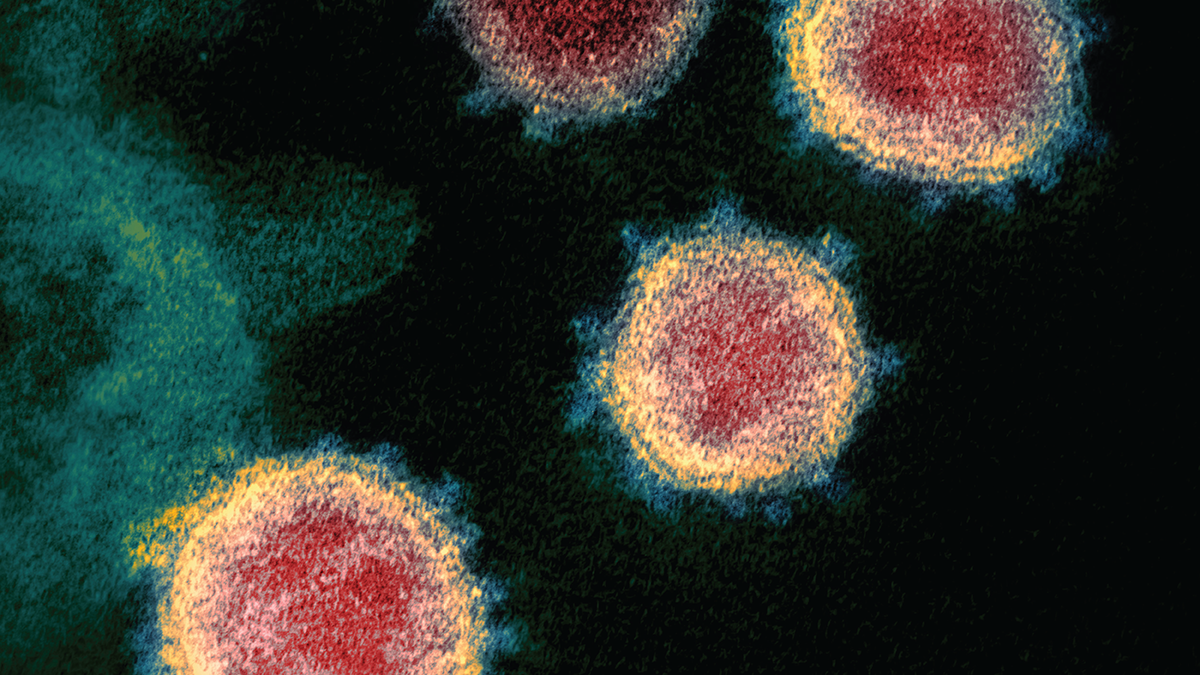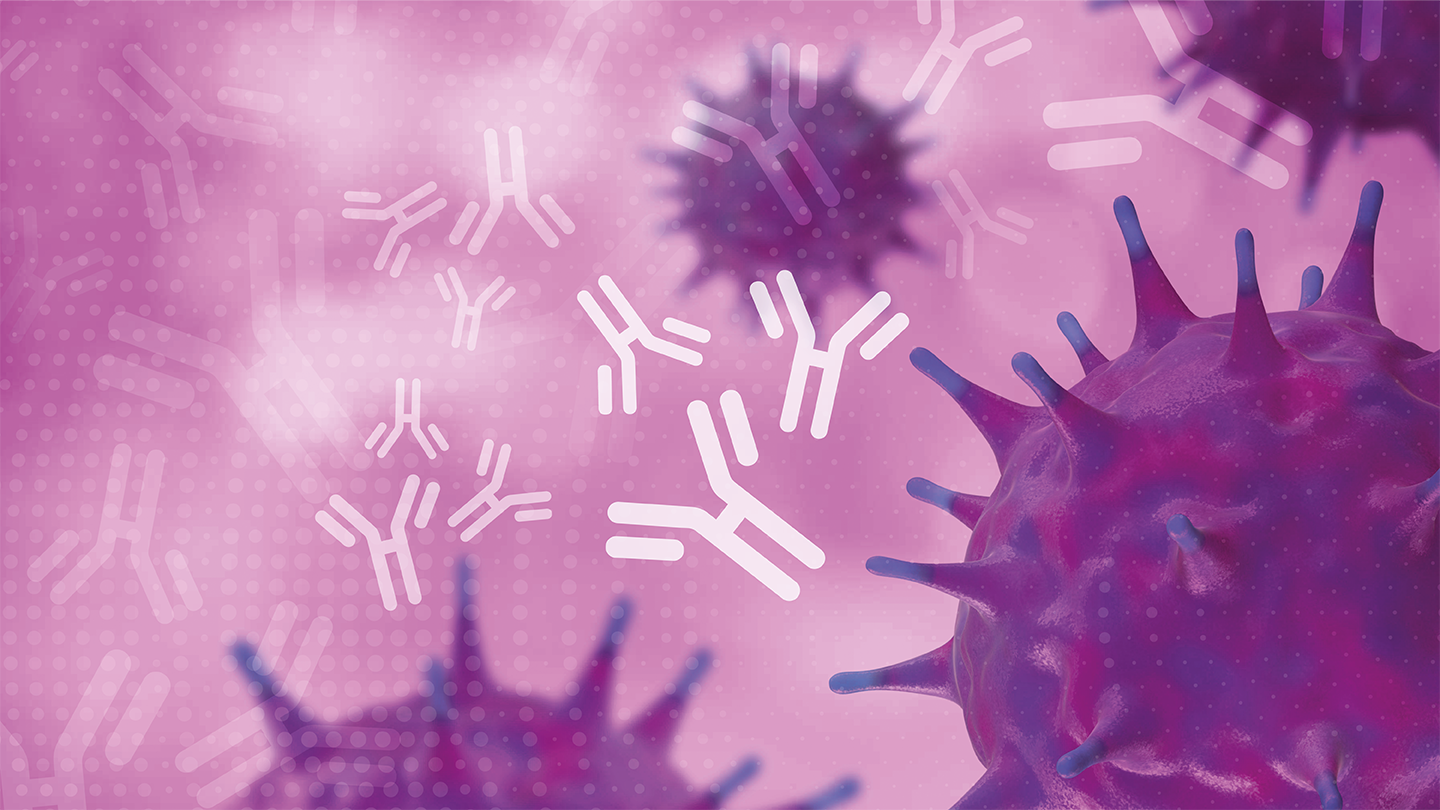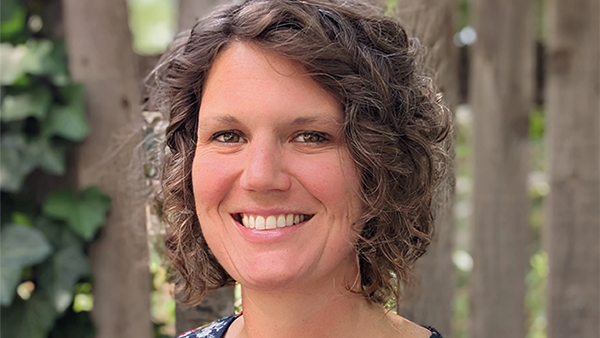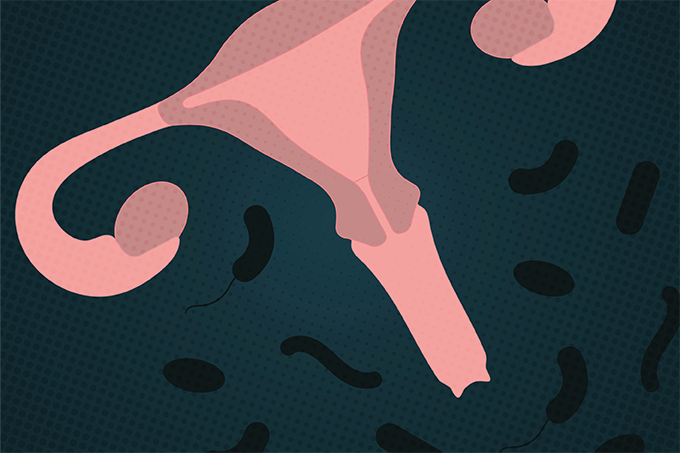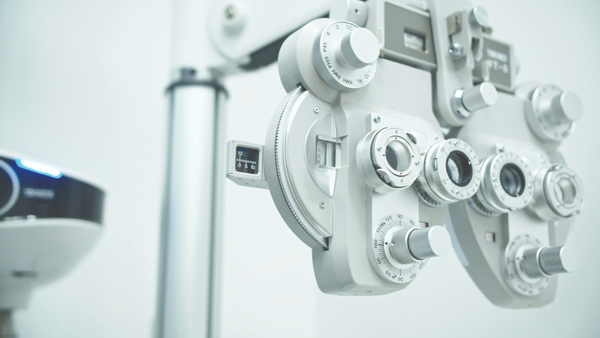What’s New in Infectious Disease?
The latest infectious disease news – from improved detection of SARS-CoV-2 to hope for Tasmanian devils
Each month, we carefully curate the top stories across the field of infectious disease – highlighting the latest news, industry insights, and clinical research. Want to receive these updates directly into your inbox? Sign up here.
Four years on, what’s happening with SARS-CoV-2?
Four years ago we were encapsulated within the COVID-19 pandemic, with many of us under lockdown in our homes and waiting for the day we could reconnect as a society. Today, vaccines are available across the world to keep the spread of the disease at bay, but SARS-CoV-2 continues to fight to keep its head above water.
Last year, I shared a story on the origins of SARS-CoV-2 and how it initially spread to humans. With this information, researchers hoped to have more knowledge in preventing further pandemics, but the evidence seemed to run dry… In September 2023, Madeline Ball shared her views on upcoming infectious disease research in the breath analysis space..
Now, a micro-immunoelectrode biosensor is set to change the game for SARS-CoV-2 and infectious disease detection. In less than a minute, this breath aerosol analyzer can confirm the presence of COVID-19.
What exciting diagnostic technology do you have your eye on? We’d love to hear about it.
In Other News…
Researchers say that use of unboiled tap water for nasal rinsing is linked to fatal amoeba infections from Naegleria fowleri organism. Link
DNA sequencing research of Tasmanian devils reveals genomic interactions with an infectious cancer – devil facial tumor disease. Link
New blood test provides researchers with insights into the immune response to the Epstein Barr Virus (EBV). Link
Researchers note vulnerability for contamination through sinks and other water sources to carbapenemase-producing Enterobacterales (CPE), following a study of the multidrug-resistant bacteria at a pediatric hospital ward. Link
Positive phase III trial results for Pfizer’s Abrysvo in adults aged 18 to 59 at increased risk of RSV disease; Pfizer intends to seek approval in this age group. Link
